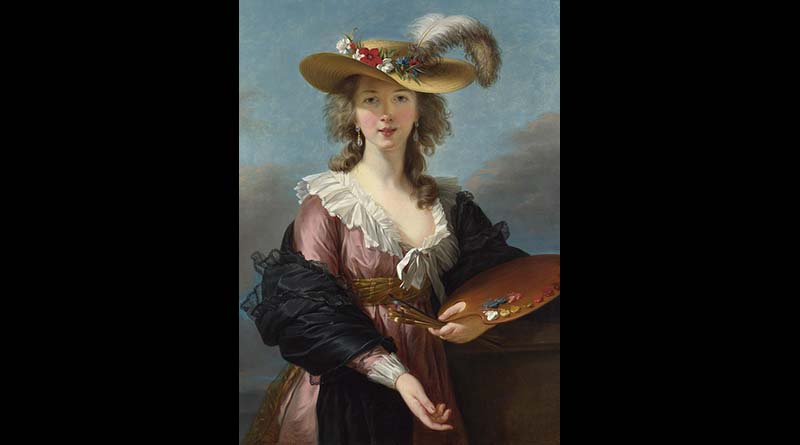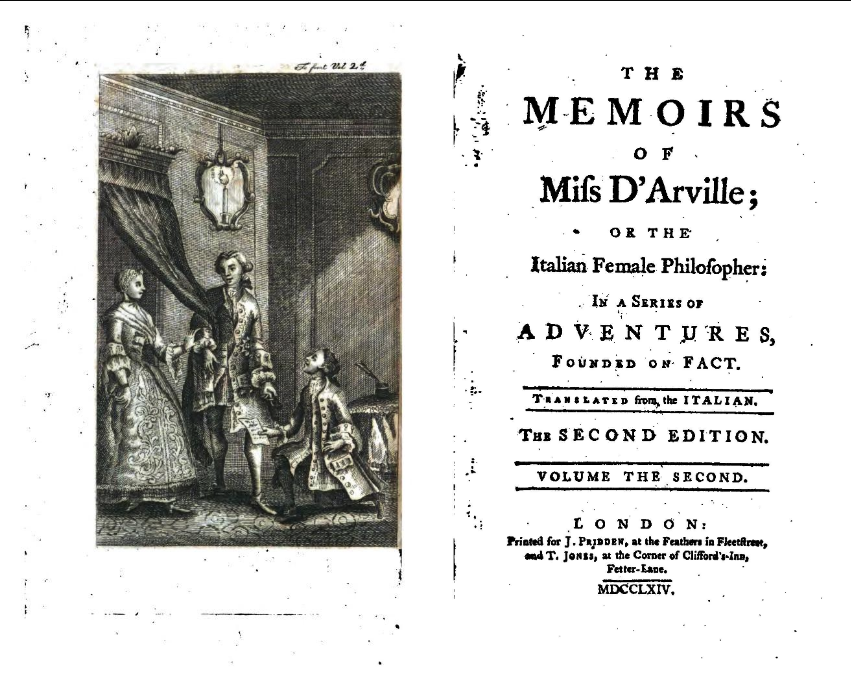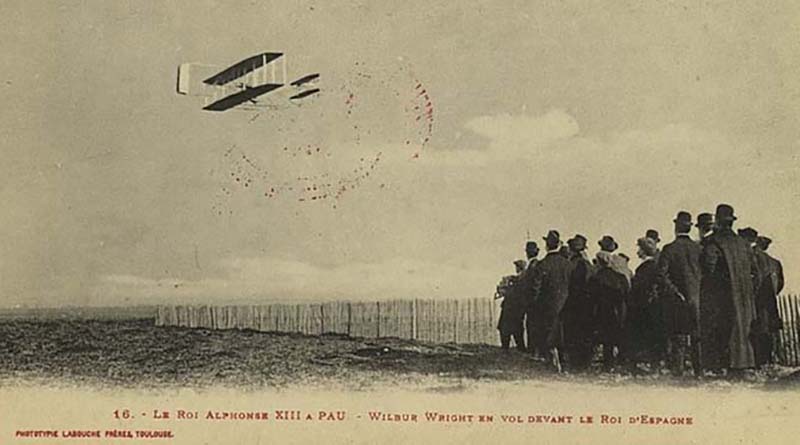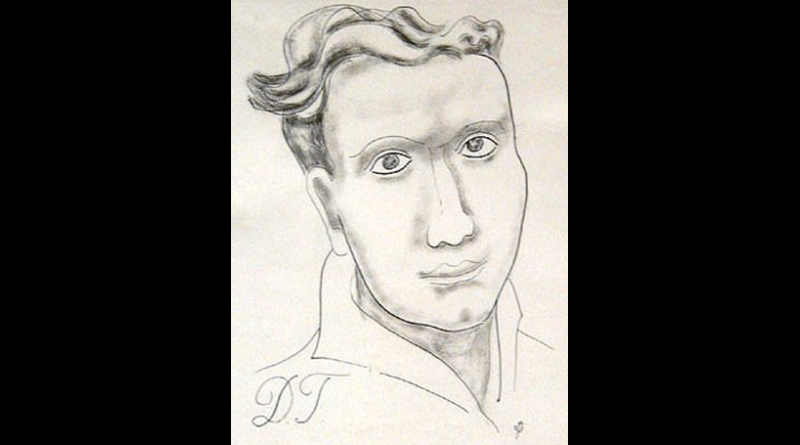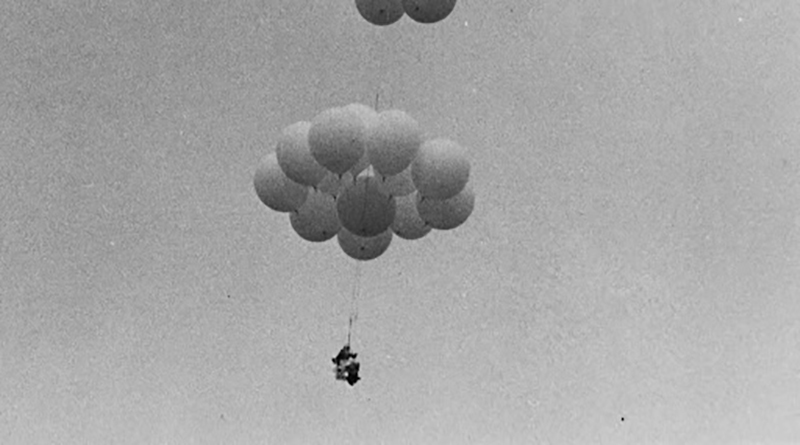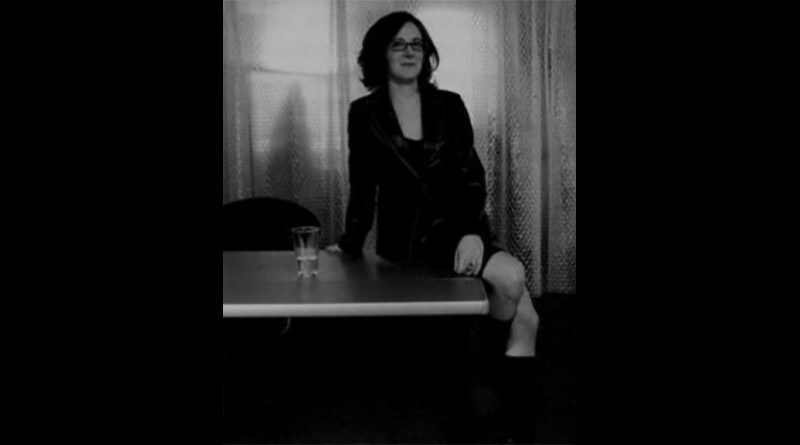The dreadful year of 1789 was upon us, and fear had already seized the minds of wise men and women. I remember the events of one evening in particular; I had invited some people to a concert in my house. Most of those who arrived were quite distraught; they had been to Longchamps that morning and the populace, gathered at the barrier of L’Etoile, had hurled abuse at all those who passed by in carriages; the wretched folk jumped onto the tailboards crying ‘Next year you will be travelling behind and we will be inside!’ as well as a thousand other insults of an even more vicious nature. As you can imagine these stories cast a gloom over the whole company….
As for me, I had little need of fresh details to imagine the horrors which were brewing. I knew for certain that my house in Rue de Gros-Chenet was marked out by those lawless people although I had only been living there for three months. Sulphur had been thrown into our cellars through the basement windows. If I stood at my window, vulgar sans culottes shook their fists at me; sinister rumours abounded; in short, I now lived in a state of deep anxiety and sorrow.
…
Although M. de Rivière treated me as though I were one of his own children, and I knew that I was safe in his house since he was foreign minister, I had decided to leave France. For several years I had harboured the desire to go to Rome. The large number of portrait commissions had been until then the only obstacle to carrying out my project; but if there had ever been an appropriate time to leave, this was it. I was now unable to paint; my imagination had become morbid, saturated with horror, its power had diminished and it could not exert itself upon my artistic vision; besides, awful libels rained upon the heads of my friends, my acquaintances, even upon myself, alas! and even though, thank heaven, I have never done anyone any harm, I felt a little like the person who said: ‘I have been accused of stealing the towers from the top of Notre Dame; they are still there but I am leaving, for they will punish me regardless.’
I had to leave several portraits unfinished, among others that of Mlle Contat; I also refused to paint Mlle de Laborde (now Duchesse de Noailles), who was brought to me by her father; she was scarcely sixteen and quite charming, but it was no longer a question of success or fortune, it was simply a matter of saving one’s head. So I called for my carriage. I had already obtained a passport for myself, my daughter and her governess so that we might leave the following day, when a large crowd of National Guards complete with rifles burst into my room. Most of them were drunk, badly dressed and looked thoroughly menacing. A few of them approached me and told me in the most brutal terms that I was not about to leave, that I had to stay. I replied that if everyone was being called upon to exercise his liberty then I would like to exercise mine. They were not even listening to me, but kept repeating: ‘You’re not going anywhere, citizen.’ Finally they departed. Plunged into a most cruel despair, I saw two of them return, but they did not frighten me, although they had been a part of that band, for I quickly saw that they meant no harm. ‘Madame’, said one of them. ‘We are your neighbours; we have come back to give you some advice – Leave … as quickly as possible. You cannot stay here, it grieves us to see you so altered. But do not use your own carriage; take the coach, you will be much safer that way.’
I thanked them with all my heart and followed their good advice. I sent someone to buy three places on the coach, still with the intention of taking my daughter with me; she was then about five or six years old. But there were no places for another two weeks; everyone intent on leaving had decided, like me, to go by coach. I was so changed by this time that the night before my departure I went to say farewell to my mother and she did not recognise me until I spoke, although I had seen her only three weeks before.
Finally the long awaited day arrived, October 5; the King and Queen were driven to Paris from Versailles surrounded by pikes! My brother witnessed the arrival of Their Majesties at the Hotel deVille; he heard M. Bailly’s speech, and as he knew that I was going to leave that night he came to see me around ten in the evening. ‘Never,’ he said to me, ‘was the Queen more a Queen than today: she entered the room with such an air of serenity and dignity, and in the midst of all the rabble.’ Then he told me her fine reply to M. Bailly: ‘I have seen all. I have understood all and I have forgiven all.’
The events of this particular day filled me with worry concerning the fate of Their Majesties and all honest people, so much so that by the time I was taken to the coach at midnight I was in a state that defies description. I was extremely fearful of the Saint-Antoine area, which I would have to cross in order to reach the Trône boundary. My brother, the worthy Robert, and my husband, accompanied me as far as this barrier, without leaving the side of the coach for an instant. This area of Paris, of which we were so afraid, was perfectly peaceful; all the inhabitants, workers and the rest, had been to Versailles to fetch the Royal Family and the fatigue following the journey kept them all safely asleep.
Opposite me inside the coach sat a very dirty man; he stank like the plague and told me quite simply that he had stolen some watches and other personal effects. Fortunately he could see nothing about me worth stealing, for I had brought very few clothes and only the eighty louis for the journey. I had left all my belongings in Paris, including my jewels, and the fruit of all my work remained in the hands of my husband who spent it all, as I have already told you. Once abroad, I lived solely off the money I made through painting there. Although M. LeBrun never sent me any money, he wrote me such pitiful letters on his own financial distress that I once sent him a thousand écus and another time a hundred louis, and I also sent the same amount to my mother later. The thief was not content just to tell us about his noble deeds but spoke continually of stringing up this person or that person, naming a crowd of people I knew personally. My daughter found the man wicked and he frightened her; this gave me the courage to say: ‘Please Monsieur, do not talk of murder in front of this child.’
He stayed quiet, and ended up playing war games with my daughter. There was another person on the same seat as myself; he was an opinionated Jacobin of about fifty, an ugly man with a bilious complexion who, each time we stopped at an inn to dine or to sup, would begin to hold forth on his opinions in the most terrible fashion. In every town, a crowd of people would stop the coach for news from Paris. Our Jacobin would then say, ‘Don’t worry my children; we are holding the baker and his wife in Paris. We shall force them to accept a constitution and all will be well.’ He turned the heads of those simple folk who believed this man as if he were an oracle. This made me ponder very sadly. I was no longer afraid for myself, but I feared for everyone else, for my mother, for my brother, for my friends. I trembled, too, about the fate of Their Majesties; for all along the route, almost as far as Lyon, men on horseback approached the coach to tell us that the King and Queen had been massacred and that Paris was ablaze. My poor little daughter was shaking; she thought her father had been killed and our house burnt down, and just as I thought I had succeeded in comforting her, another man on horseback would arrive to repeat the same list of horrors.
Finally I arrived at Lyon; I was driven to the house of M. Artaut, a merchant, whom I had received myself several times at home in Paris along with his wife. I did not know either of them very well, but they had inspired my confidence, since our opinion of the current events was identical. My first thought was to ask them if it was true that the King and Queen had been executed and thank heaven, for once at least, they were able to reassure me! M. and Mme Artant had great difficulty in recognising me at first, not only because I had changed beyond all recognition, but also because I wore the costume of a badly dressed peasant, with a large scarf that hung down over my eyes. I had the opportunity of congratulating myself on the way for having taken this precaution. I had just exhibited the portrait of myself holding my daughter in the Salon; I had painted the picture for M. d’Angevilliers. However it had been taken from its owner at the time of his emigration, and then brought to the Ministry of the Interior. The Jacobin from Grenoble spoke of the exhibition, and even praised this portrait. I trembled lest he might recognise me; I used all my wit to hide my face from him; thanks to this care and my clothes I only suffered a nasty fright. I spent three days in Lyon with the Artauts. I was in great need of that rest, and, with the exception of my hosts, I saw no-one in the town, desiring the strictest anonymity. M. Artaut stopped a coachman for me, telling him that I was his relative. He recommended me highly to this good man, who took the most kindly care of me and my daughter.
I cannot tell you what I felt on crossing the Beauvoisin Bridge. Only then did I start to breathe. I was out of France, but France was still my country and I reproached myself for leaving it with such a feeling of joy. The sight of the mountains succeeded in distracting me from these sad thoughts. I had never seen high peaks; those of Savoy seemed to reach up into the sky for a thick cloud confused the two elements. My first feeling was one of fear, but I gradually grew accustomed to the view, and finished by admiring it.
The Echelles road wound through the most enchanting countryside; I believed I was seeing the gallery of the Titans, and that is how I have always referred to it since. Wanting to enjoy the scenery even more, I got down from the coach; but half way along the path, I was seized with a great terror, for they were exploding rock out of the hillside; the effect was like that of a thousand cannons going off at once, and this noise echoing around the cliffs was really hellish.
I climbed Mount Cenis, as there were several other travellers also going up; a postilion approached me; ‘Madame should take a mule’ he said to me. ‘A lady like yourself will find the journey too tiring.’ I replied that I was a peasant, well accustomed to walking. ‘Ah,’ he answered laughing, ‘Madame is not a peasant, we know who you are.’ ‘Who am I pray?’ I asked. ‘You are Madame LeBrun, painter of perfection, and we are all very happy to know that you are far from those who would do you harm.’ I have never understood how that man could have known my name, but it proved to me that the Jacobins had many spies. Happily I no longer feared them; I was out of their dreadful clutches. For want of a homeland, I was going to live in those cities where the arts had flourished, where civilisation still reigned; I was going to visit Rome, Naples, Berlin, Vienna, Petersburg and, above all, something I did not know at the time, I was going to find you my dear, and grow to know and love you. All my love.
— Elisabeth Vigée-Lebrun, in her Memoirs, Letter XII to Princess Kourakin

